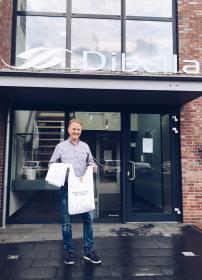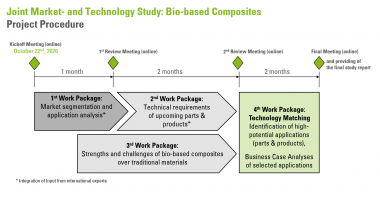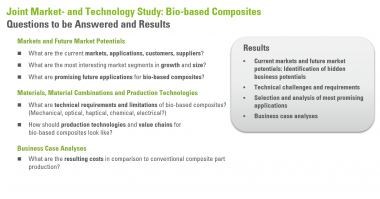Epson erhält EcoVadis Platin-Status
- Bestmögliche Standards für Nachhaltigkeit - Top 1 Prozent seiner Branche
Meerbusch - Epson erhält von der unabhängigen Organisation EcoVadis den Platin-Status für soziale Verantwortung von Unternehmen. Das Platin-Rating, das im Jahr 2020 eingeführt wurde, zeigt, dass Epson zu den besten ein Prozent der Unternehmen in seiner Branche gehört und der Konzern sowohl im Bereich Umwelt als auch in den Bereichen nachhaltiger Beschaffung, Arbeits- und Menschenrechte sowie Ethik auf höchstem Niveau agiert. Drei Jahre in Folge hatte Epson einen Gold-Status erhalten. Gold wird an Unternehmen vergeben, die zu den besten fünf Prozent der bewerteten Unternehmen gehören.
Kazuyoshi Yamamoto, Präsident von Epson Europa: „Die Platin-Auszeichnung durch EcoVadis gibt unseren Kunden die Gewissheit, dass Epson alle verfügbaren Maßnahmen ergreift, um in allen Geschäftsbereichen Nachhaltigkeit zu beweisen. Nachhaltigkeit liegt in unserer DNA und steht im Mittelpunkt aller unserer Handlungen. Mit dem Platin-Status können unsere Kunden sicher sein, dass jede Facette unseres Geschäftsbetriebs unabhängig geprüft und zertifiziert wird und dass wir uns voll und ganz dazu verpflichten, die höchsten Nachhaltigkeitsstandards zu erfüllen.“
EcoVadis ist eine unabhängige Plattform, die mittels Standards die Unternehmenspolitik und CSR-Aktivitäten von Unternehmen bewertet. Dazu gehören unter anderem Maßnahmen in den Bereichen Umwelt, Arbeits- und Menschenrechte, Ethik und nachhaltige Beschaffung. Die Bewertungsmethoden von EcoVadis decken knapp 200 Einkaufskategorien, 160 Länder und über 20 Nachhaltigkeits-Indikatoren ab. Über 55.000 Unternehmen nutzen EcoVadis für ihre Bewertungen.
Der Platinstatus wird in diesem Jahr zum ersten Mal vergeben. Epson erhielt ein "Hervorragend" (die höchste Punktzahl) für den Bereich Umwelt sowie hohe Punktzahlen für die Kategorien nachhaltige Beschaffung, Arbeits- und Menschenrechte und Ethik, womit das Unternehmen zu den besten ein Prozent in der Computer- und Peripheriegeräte-Herstellungsindustrie gehört. Es ist der bestmögliche internationale Standard für Nachhaltigkeit.





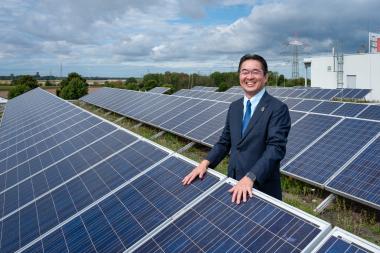


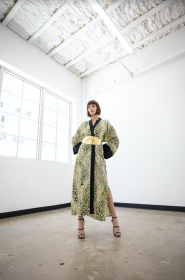



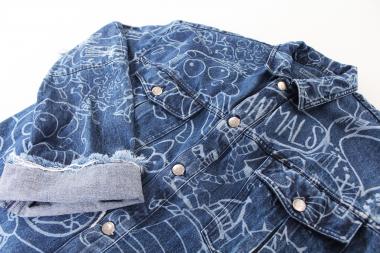

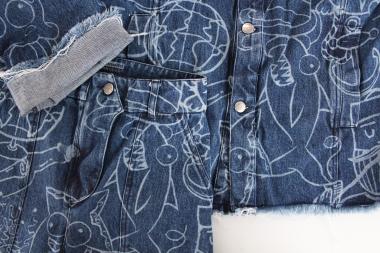
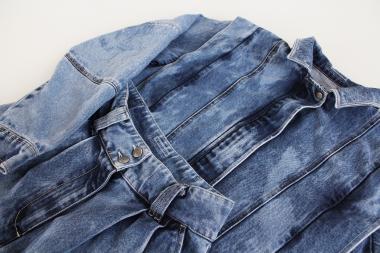
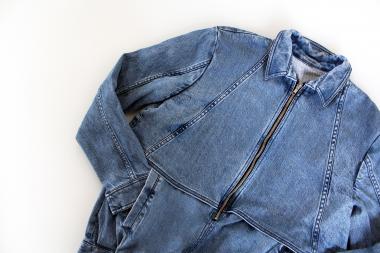



![Wärmebild eines Laserdruckers [rechts] im Vergleich zu einem Inkjetdrucker [links] Wärmebild eines Laserdruckers [rechts] im Vergleich zu einem Inkjetdrucker [links]](/sites/default/files/styles/news_entry/public/2020-10/hitzebild-1-mid.jpg?itok=4uGEGMMQ)





